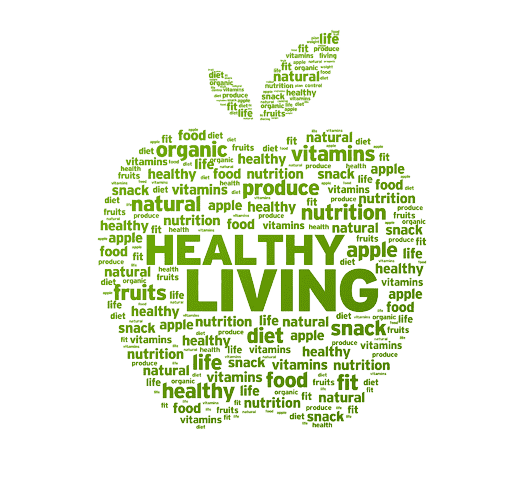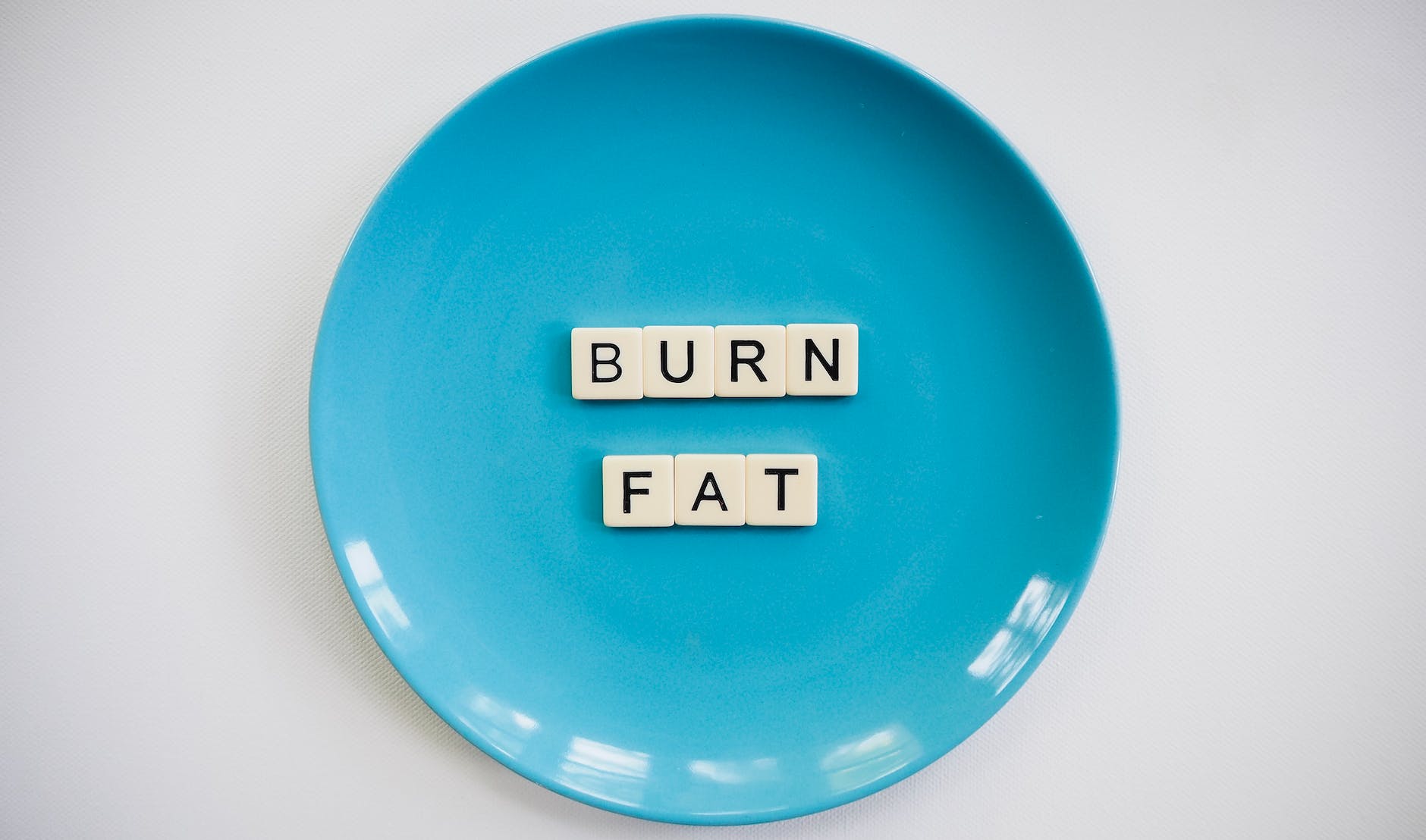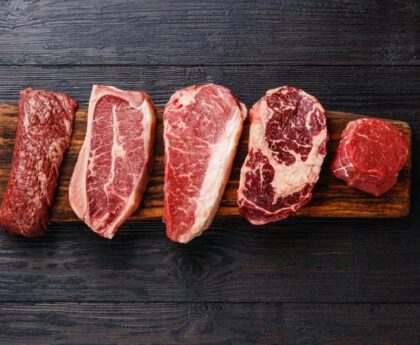Losing belly fat can be challenging, but it’s not impossible. While there are many fad diets and quick fixes out there promising quick results, the truth is that sustainable weight loss requires a good diet plan and a commitment to healthy habits. But what does a good diet plan to lose belly fat actually look like?
What Is a Good Diet Plan to Lose Belly Fat?
First, it’s important to understand that losing belly fat requires a calorie deficit. This means that you need to burn more calories than you consume. However, it’s not as simple as just cutting calories. You need to make sure you’re getting the right balance of nutrients to support your body’s needs and keep you feeling full and satisfied.
A good diet plan to lose belly fat should focus on whole, nutrient-dense foods. This includes plenty of fruits and vegetables, lean proteins, healthy fats, and complex carbohydrates. These foods provide the vitamins, minerals, and fiber your body needs to function properly, while also keeping you feeling full and satisfied. Avoid processed and sugary foods, which are high in calories but low in nutrients and can contribute to belly fat accumulation.
Additionally, incorporating regular exercise into your routine is essential for burning calories and building lean muscle mass. This can include a mix of cardio and strength training exercises, such as running, cycling, weight lifting, and bodyweight exercises.
Why a Personalized Diet Plan is Key to Losing Belly Fat
When it comes to losing belly fat, it’s essential to understand that there is no magic pill or one-size-fits-all diet plan that works for everyone. Each person’s body is unique, and what works for one person may not work for another. That’s why it’s crucial to develop a personalized diet plan that is tailored to your specific needs and goals.
Consulting with a registered dietitian or healthcare professional can help you create a customized plan that addresses your unique situation. They can consider factors such as your age, sex, activity level, and medical history to determine the best approach for you. For example, a person with a history of heart disease may require a different plan than someone without any medical conditions.
A personalized diet plan can also help you stay on track and achieve your weight loss goals in a sustainable way. It can help you understand your nutritional needs, provide guidance on portion sizes and food choices, and help you make lifestyle changes that support long-term weight loss success. By working with a professional, you can feel confident that you are making progress towards your goals in a healthy and effective way.
Effective Belly Fat Diets: What You Need to Know
There are several popular belly fat diets that people try in an effort to lose weight. Here are a few that have been found to be successful for some individuals:
- The Mediterranean Diet: This diet is based on the traditional eating habits of people who live in countries bordering the Mediterranean Sea. It emphasizes whole, unprocessed foods like fruits, vegetables, whole grains, legumes, nuts, seeds, and lean proteins like fish and chicken. It also includes healthy fats like olive oil, avocado, and nuts, and limits red meat, sugary foods, and processed snacks. Studies have shown that the Mediterranean diet can help reduce belly fat and improve overall health.
- The DASH Diet: The Dietary Approaches to Stop Hypertension (DASH) diet is designed to lower high blood pressure, but it can also be effective for weight loss. The diet emphasizes fruits, vegetables, whole grains, lean proteins, and low-fat dairy products while limiting sodium, sugar, and saturated fat. Studies have shown that the DASH diet can lead to significant reductions in belly fat and improved overall health markers.
- The Low-Carb Diet: Low-carb diets, like the ketogenic diet, restrict carbohydrates in favor of protein and fat. This can help reduce overall calorie intake and promote weight loss. Studies have shown that low-carb diets can lead to significant reductions in belly fat and improved blood sugar levels.
- The Plant-Based Diet: Plant-based diets are centered around whole, plant-based foods like fruits, vegetables, whole grains, legumes, nuts, and seeds. They are typically low in saturated fat and high in fiber and other nutrients. Studies have shown that plant-based diets can be effective for weight loss and reducing belly fat.
It’s important to note that while these diets can be successful for some people, they may not work for everyone. It’s always best to consult with a healthcare professional before starting a new diet or weight loss plan.
Supplementing Your Belly Fat Diet Plan
While following a healthy and balanced diet plan is crucial for losing belly fat, there are a few additional steps you can take to support your weight loss journey and maximize your results.
- Stay Hydrated: Drinking plenty of water throughout the day can help to keep you hydrated, curb hunger, and support your body’s natural metabolic processes.
- Get Enough Sleep: Adequate sleep is essential for weight loss and overall health. Sleep deprivation can lead to hormonal imbalances that can disrupt your metabolism and make it more challenging to lose belly fat.
- Engage in Physical Activity: Exercise is critical for burning calories, building muscle, and increasing metabolism. Incorporating strength training exercises into your routine can help to target belly fat specifically.
- Manage Stress: Chronic stress can lead to hormonal imbalances that contribute to weight gain and difficulty losing belly fat. Engaging in stress-reducing activities like meditation, yoga, or deep breathing can help to support your weight loss efforts.
- Consider Supplements: While no supplement can replace a healthy diet and exercise, some supplements may support your weight loss efforts. However, it’s important to speak with your healthcare provider before adding any new supplements to your regimen.
By incorporating these steps into your belly fat diet plan, you can enhance your weight loss results and improve your overall health.
Things to Keep in Mind When Finding a Good Diet Plan to Lose Belly Fat
Losing belly fat is a common goal for many people, but there is no one-size-fits-all approach to achieving it. While there are many popular diets that can be effective in reducing belly fat, it’s important to approach weight loss with a holistic mindset that includes regular exercise, stress management, and adequate sleep.
Fad diets and quick fixes may provide temporary results, but they are not sustainable in the long term. A well-balanced diet that is rich in whole foods, lean proteins, and healthy fats can help reduce belly fat and improve overall health.
It’s important to remember that weight loss is not an overnight process and requires patience, consistency, and a commitment to making lifestyle changes. Consulting with a registered dietitian or healthcare professional can provide personalized guidance and support in developing a sustainable and effective plan for losing belly fat. With dedication and the right approach, losing belly fat is achievable for anyone.





